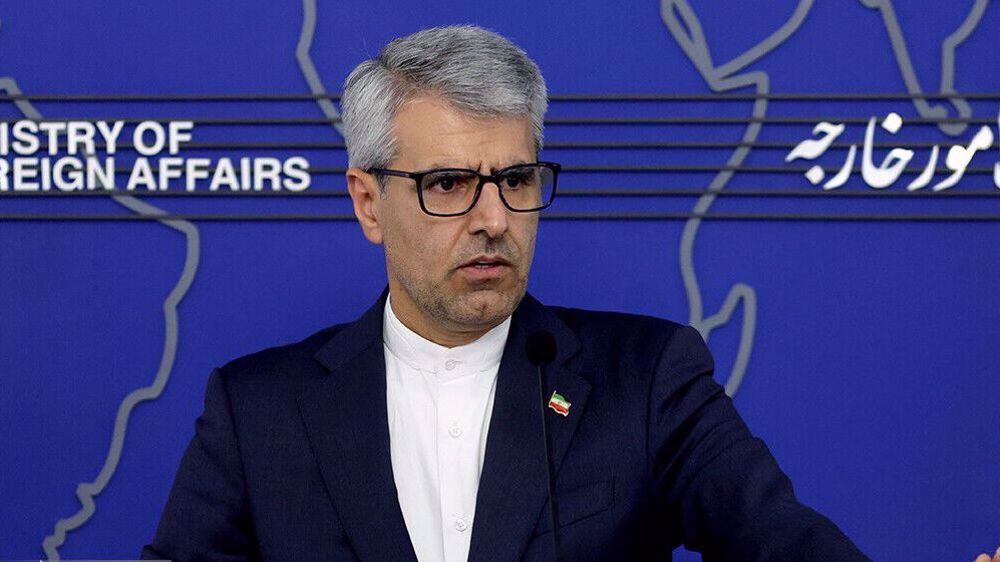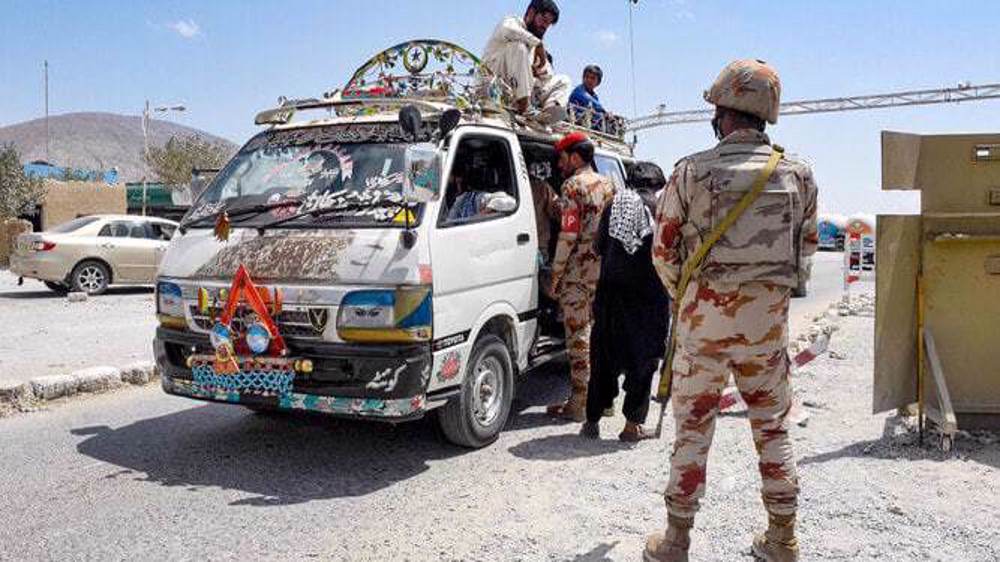Pakistan's PM Khan urges India to resolve disputes, including Kashmir
Newly-elected Pakistani Prime Minister Imran Khan has called on his Indian counterpart to engage in bilateral efforts to resolve outstanding disputes, including the issue of Kashmir.
Pakistan’s Foreign Ministry spokesman Mohammad Faisal tweeted Thursday that Khan sent a letter to Indian Prime Minister Narendra Modi in response to Modi’s call for a “meaningful and constructive engagement” earlier this month.
Khan called for a meeting between the two nations' foreign ministers on the sidelines of the annual session of the United Nations General Assembly in New York later in September.
New Delhi’s foreign affairs ministry has responded affirmatively to the suggestion for the UN meeting.
Tensions remain high in Indian-controlled Kashmir, where its predominantly Muslim population has demanded autonomy from New Delhi or a merger with Pakistan.
India has ignored the call and continues to police the region with military force. About 70,000 people have been killed in India’s crackdown in Kashmir since 1989.
The disputed Himalayan region of Kashmir has been partitioned and divided between the two nuclear power countries but claimed in entirety by both countries since they gained independence from Britain in 1947.
India and Pakistan have fought three wars over the disputed territory. Despite a ceasefire agreement that was reached in November 2003, sporadic skirmishes continue in Kashmir.
Pakistan invites Saudi to invest in China-funded corridor
Islamabad has also invited Saudi Arabia to invest in the China-funded, multi-billion-dollar infrastructure corridor being built in the country, according to its information minister.
The announcement on Thursday came amid growing concerns over Pakistan’s debt levels and warning by analysts that its new prime minister will need to adopt urgent measures, such as seeking a bailout from the International Monetary Fund (IMF), unless it can secure other funding.
The China-Pakistan Economic Corridor (CPEC) is an ambitious plan to build energy and transport links connecting the western Chinese region of Xinjiang with the Arabian Sea via Pakistan, as part of Beijing’s broader Belt and Road initiative.
The opaqueness of CPEC financing, however, has generated concerns since Islamabad faces a looming balance-of-payments crisis, including fears about its ability to repay Chinese loans.
"Saudi Arabia is the first country whom we have invited to join CPEC as third partner," Information Minister Fawad Chaudhry announced in an Islamabad press briefing following Khan’s recent tour of the Saudi Kingdom, his first foreign visit since becoming prime minister.

Chaudhry further stated that a Saudi delegation, including the finance and energy ministers, will visit Pakistan in the first week of October to lay the foundations for “big financial cooperation” between the two countries.
China’s “Belt and Road” initiative aims to build a modern-day “Silk Road” at a cost of $1 trillion. The ancient trade route will be revived through a massive rail and maritime network across Asia and Europe.
Netanyahu: Israel won't allow Hayat Tahrir al-Sham forces in southern Syria
Hezbollah leaders’ historic funeral showed resistance strength: Islamic Jihad
Iran reports surge in air traffic as Austrian, Lufthansa resume flights
VIDEO | South Africans set to lobby government to isolate Israel
IRGC chief: Nasrallah decisive figure in regional equations with global dimensions
VIDEO | Press TV's News Headlines
Netanyahu's son 'exiled abroad for hitting his father': Knesset member
Iran money supply up 28.4% y/y in late January: CBI













 This makes it easy to access the Press TV website
This makes it easy to access the Press TV website